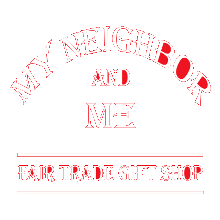
According to the Fair Trade Federation, fair trade is a system of exchange that seeks to create greater equity and partnership in international trading system by:
By approaching development as a whole process (rather than just a fair price), fair
trade organizations cultivate partnerships with their artisans and contribute to
the development of communities. Fair trade is not about charity; it uses a fairer
system of exchange to empower producers and to create sustainable, positive change.
This information was taken from “Fair
Trade” by Jacqueline DeCarlo.
Comparison between fair and conventional (free)
trade:
| Fair Trade | Conventional (free) trade |
| Concerns for people, the planet, and profit predominate | Profit is the overriding concern |
| Advance credit allows for income during times of cultivation or production | Payment is received at time of shipments or typically within 30, 60, or 90 days |
| Technical assistance and training, along with social premiums, investment in low-income communities and opportunities for self-determination | Corporate investment in a community is limited to building skill sets for use in commercial enterprises or takes the form of corporate philanthropy |
| Disadvantaged groups such as women and ethnic minorities are made partners in the Fair Trade supply network | Supply chain seeks out lowest cost labor and raw material items, often through exploitative middlemen |
| Consumer education and advocacy leads to socially responsible business innovations | Marketing is directed at increasing profitability |